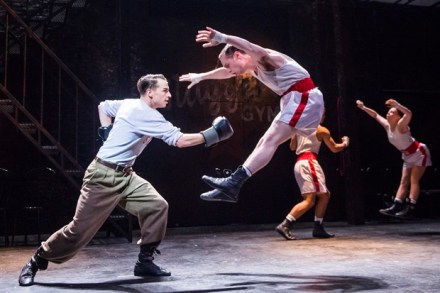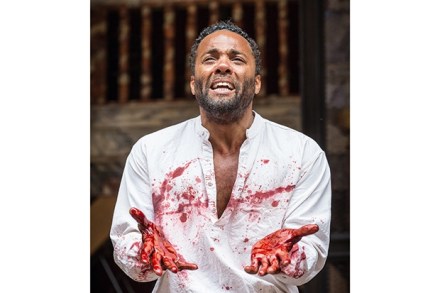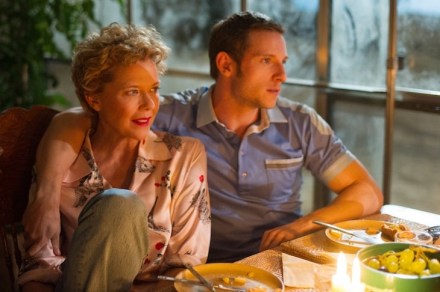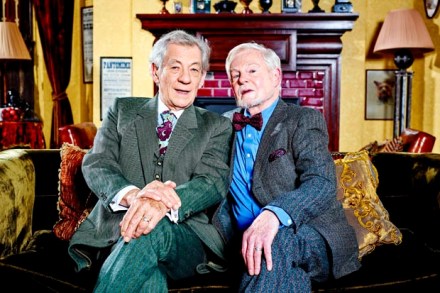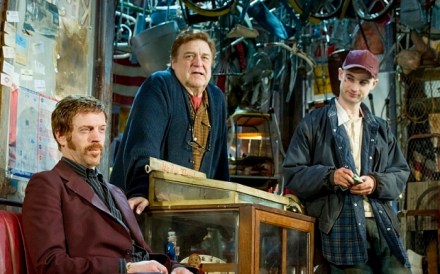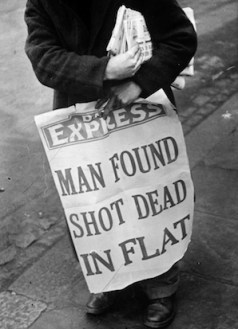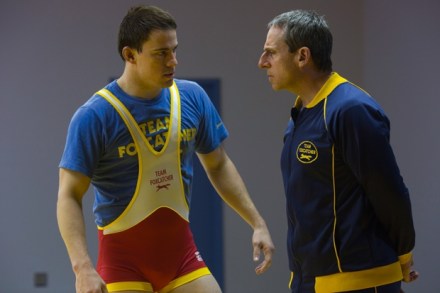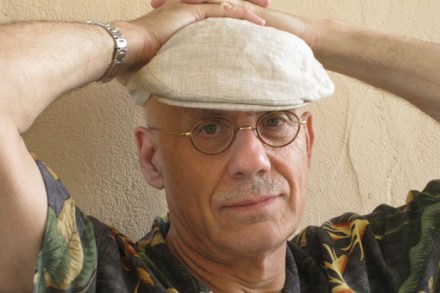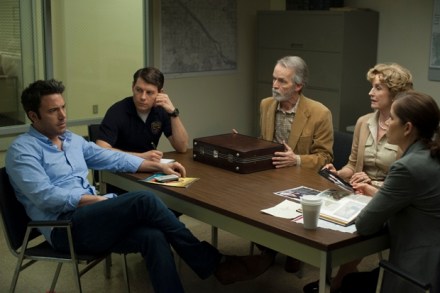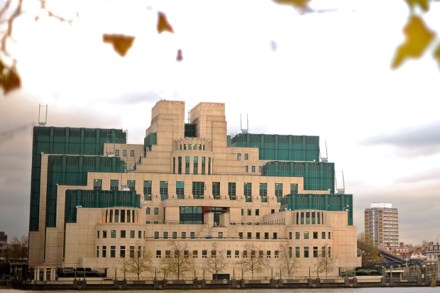Friel good factor
Does anyone believe Brian Friel’s libellous blarney? He portrays Ireland in the 20th century as an economic basket case where the starving, the retarded, the crippled and the widowed offer up prayers to a heartless God who responds by heaping their burden ever higher. Friel is popular with British mainlanders who are tickled by the news that their Atlantic coastlines are peopled by picturesque barbarians and suicidal drunkards mired in exquisitely revolting dereliction. You’ll notice that aid agencies use the same technique, and for the same audience, when they portray Africa as a rough and ready paradise where life is organised around the latest borehole dug by a team of
